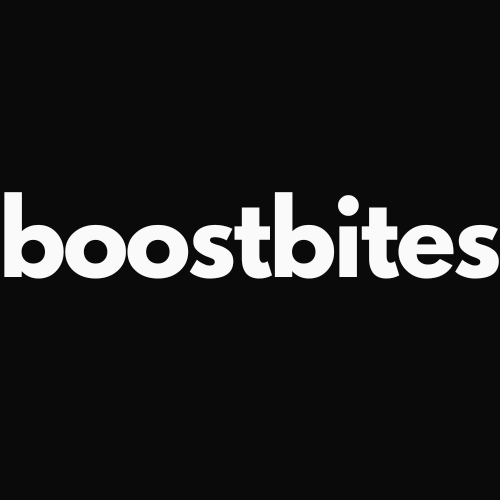Creatine is best known for improving strength, performance, and recovery - but a rising question among users is: Does creatine affect sleep? Can you take it at night? Will it keep you awake? Or could it actually help you recover better overnight?
The truth is: creatine does not negatively affect sleep - and may actually support recovery during sleep by replenishing cellular energy stores and reducing fatigue-related sleep disruptions.
In this comprehensive guide, we’ll unpack how creatine interacts with brain energy systems, its impact on sleep quality, what the science says about timing, and why non-stimulant formats like BoostBites creatine gummies are ideal for round-the-clock recovery.
1. How Creatine Works in the Body and Brain
Creatine increases your body’s stores of phosphocreatine, which helps regenerate ATP - the main energy molecule your cells rely on.
This is most commonly discussed in the context of muscle performance, but the brain also consumes huge amounts of ATP, especially during mental focus, stress, or - surprisingly - during sleep cycles like REM.
That’s where creatine’s sleep-related benefits begin: it supports total-body cellular energy, which plays a role in overnight recovery.
2. Does Creatine Have Any Stimulant Effects?
Unlike caffeine, creatine is not a stimulant. It:
- Does not raise heart rate
- Does not increase adrenaline or cortisol
- Does not disrupt circadian rhythms
In other words, it won’t keep you awake. In fact, it may help reduce the perceived effects of sleep deprivation the next day.
Related: Creatine and Brain Function
3. Creatine and Brain Energy During Sleep
The brain’s phosphocreatine levels can become depleted during intense mental or physical stress - and creatine helps buffer this loss.
During sleep (especially REM), the brain’s ATP demand rises:
- For memory consolidation
- Neural repair
- Hormonal regulation
Creatine supplementation increases the brain’s reserve energy capacity, which may:
- Improve sleep depth (by reducing sleep pressure buildup)
- Protect against mental fatigue
- Enhance morning alertness after poor sleep
4. Can Creatine Improve Sleep Recovery?
While creatine isn’t a sleep aid per se, it does play a role in sleep recovery - the body’s ability to rebound after exertion.
Key Benefits:
- Supports overnight ATP replenishment
- Reduces muscle soreness and next-day fatigue
- May protect cognition after poor sleep (as shown in military, athlete, and shift worker studies)
This makes it especially valuable for:
- Nighttime trainers
- Parents or students under stress
- Shift workers Sleep-deprived professionals
5. People Also Ask: Creatine and Sleep FAQs
Can creatine cause insomnia?
No - creatine is not a central nervous system stimulant and has no known link to disrupted sleep patterns.
Should I avoid creatine before bed?
Not unless you personally find it affects digestion or routine. Most people experience no sleep issues regardless of timing.
Does creatine help with sleep deprivation?
Yes - several studies show creatine improves cognitive and muscular performance under partial sleep deprivation.
Can creatine improve recovery overnight?
Yes - by supporting ATP regeneration and hydration, creatine aids recovery during sleep.
6. Should You Take Creatine Before Bed?
It’s perfectly fine to take creatine at night - especially if that’s when you remember best or align it with your post-workout routine.
What matters most is daily consistency, not timing.
If taking creatine before bed:
- Pair with a small snack or meal
- Choose a non-stimulant format (no caffeine or sugar)
- Stay hydrated
8. Why BoostBites Creatine Gummies Are Sleep-Friendly
BoostBites are designed for safe, daily use - no stimulants, no sugar crashes, no gastric distress.
Each serving contains:
- 4.5g of pure creatine monohydrate
- Zero caffeine, sugar, or artificial dyes
- Clean, vegan, non-GMO ingredients
This makes them ideal for:
- Post-dinner routines
- Evening workouts
- Pre-bed supplementation
Explore the creatine supplement collection
9. Final Thoughts: Creatine, Sleep, and Smarter Recovery
Creatine won’t help you fall asleep faster - but it might help you recover better during sleep, especially after intense training or mental exertion.
It doesn’t overstimulate. It doesn’t interfere with melatonin. And it can be taken safely at night - especially in clean, digestible formats like gummies.
If you're serious about energy, strength, and recovery - creatine belongs in your daily routine.
Try BoostBites Creatine Gummies - the smarter way to fuel both wake and rest cycles.




